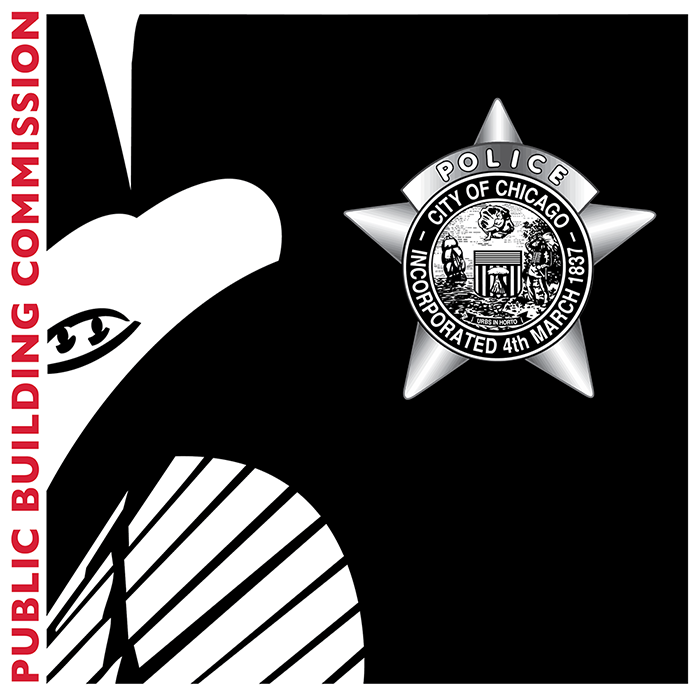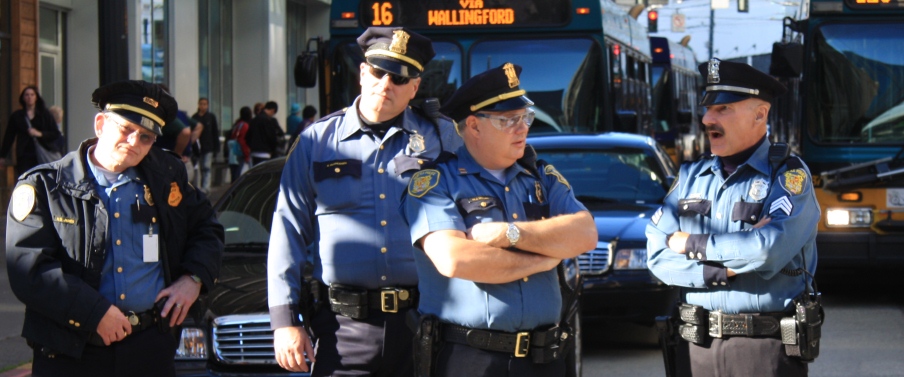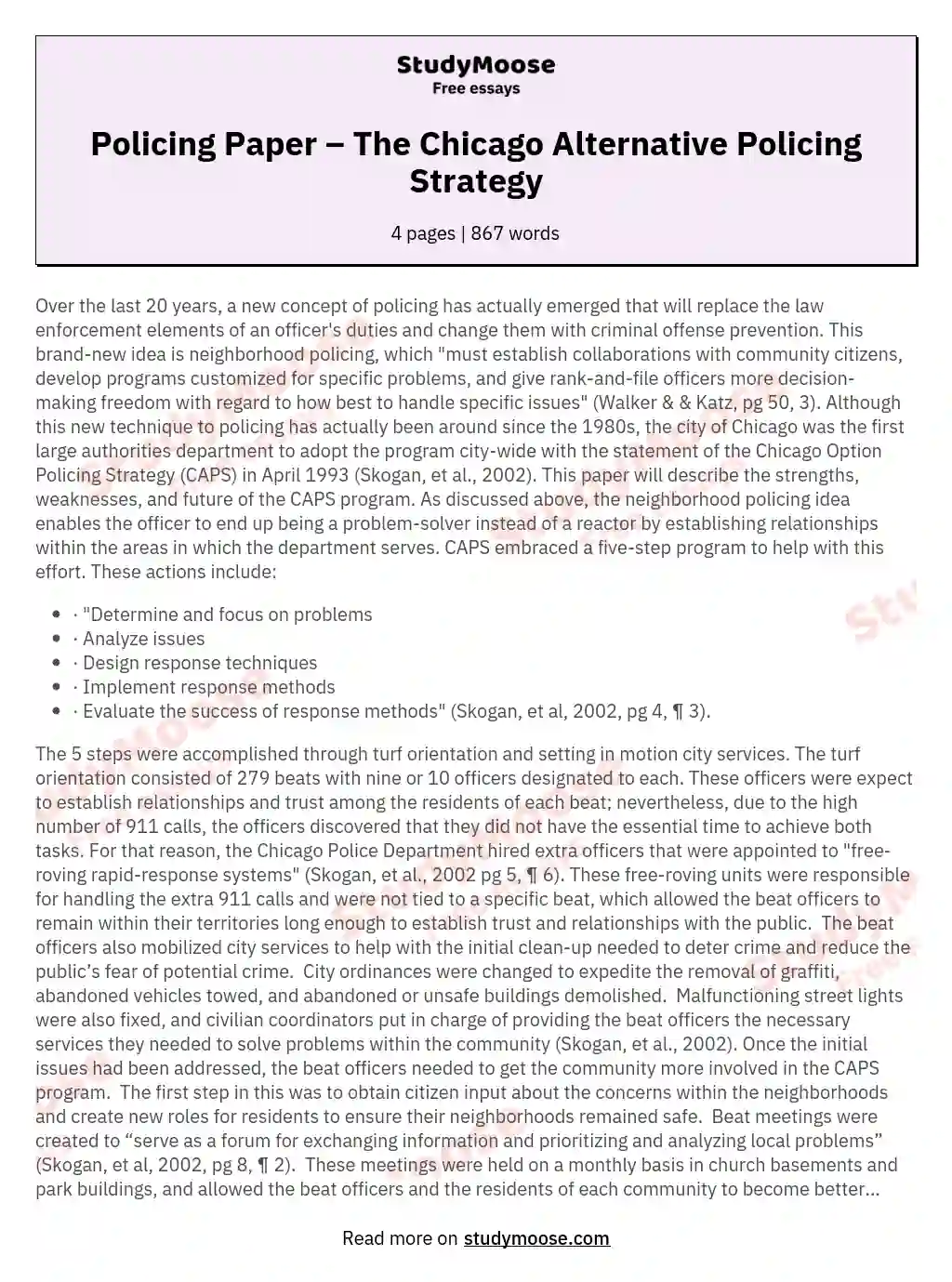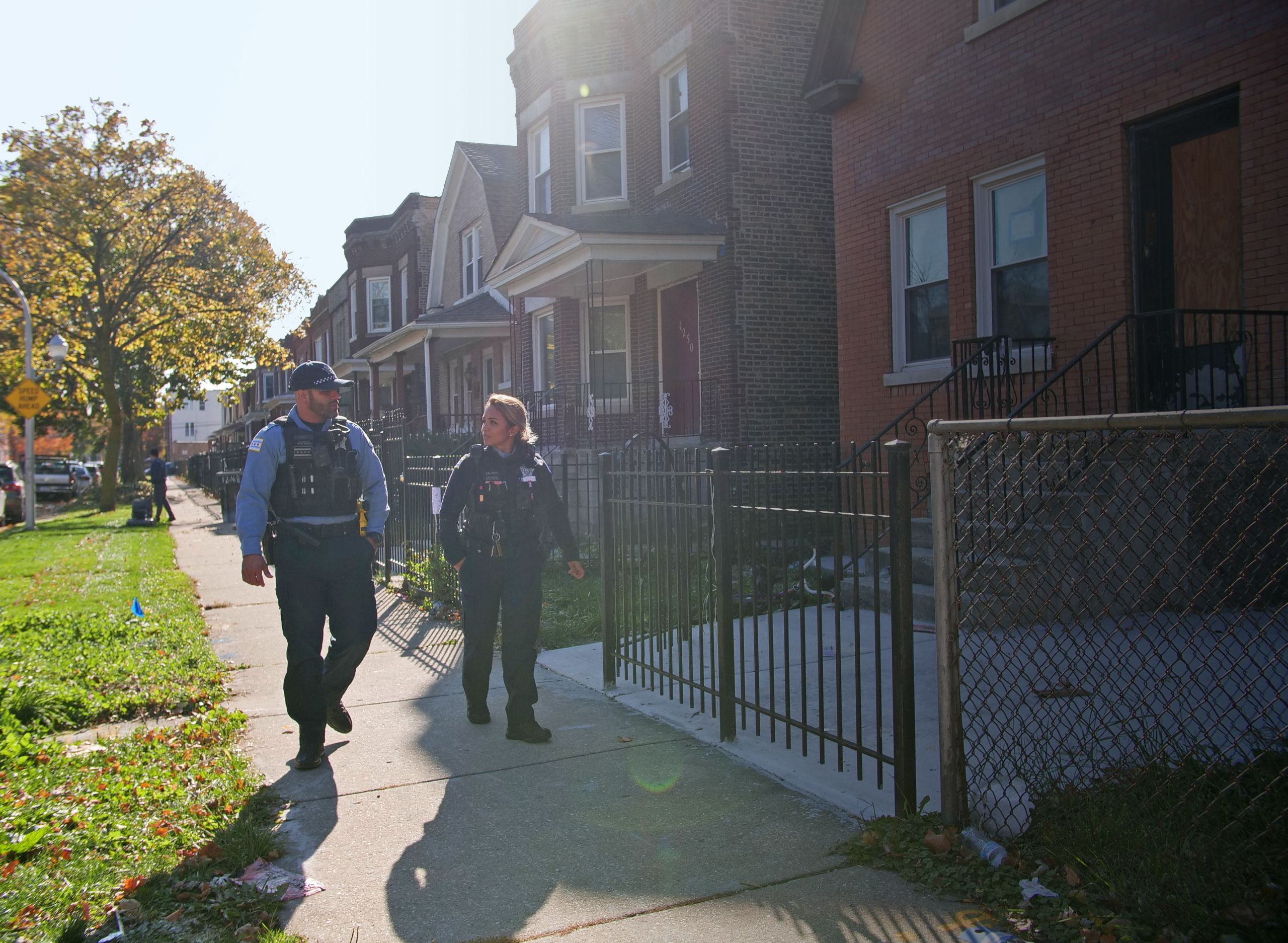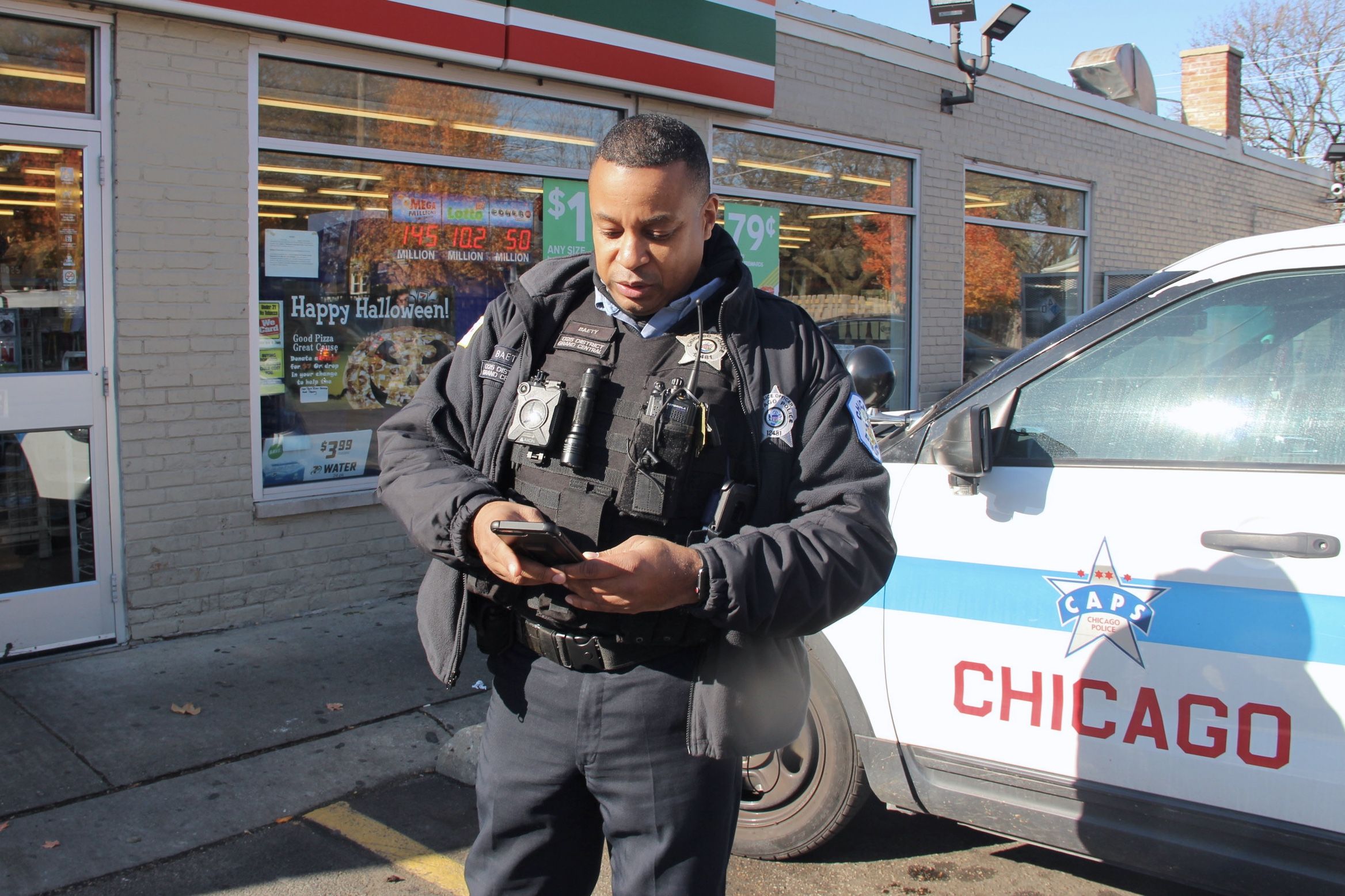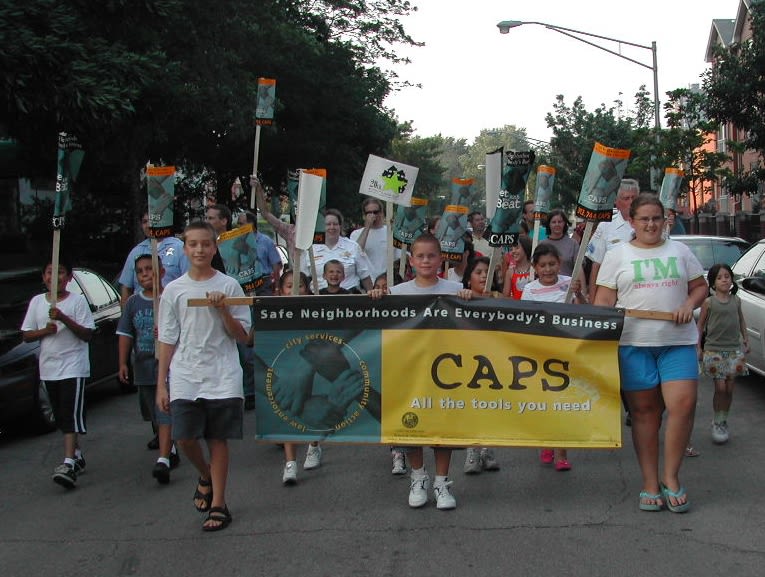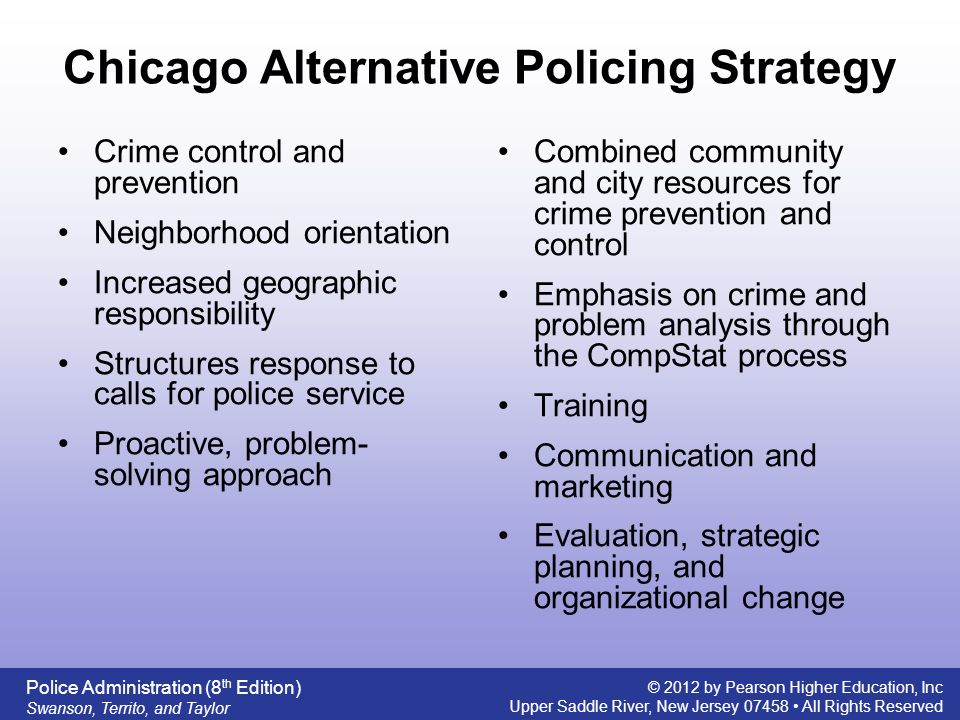The Chicago Alternative Policing Strategy (CAPS) is a community policing program that was implemented in the city of Chicago in 1993. It was developed as a response to a perceived need for a more collaborative and proactive approach to policing that would involve greater community involvement and input. The goal of CAPS was to reduce crime and disorder and to improve the quality of life in neighborhoods through a partnership between the police and the community.
Under the CAPS program, the Chicago Police Department (CPD) established a network of community policing beat teams in each neighborhood. These teams consist of police officers, community policing coordinators, and other community stakeholders who work together to identify and address local problems and concerns. The teams hold regular meetings with residents and business owners in their beat area to discuss crime and disorder issues and to develop strategies for addressing them.
One key aspect of the CAPS program is its emphasis on problem-solving and prevention. Rather than simply reacting to crimes after they have occurred, the program encourages officers and community members to identify and address the root causes of problems in their neighborhoods. This might involve working with local businesses and community organizations to address issues such as graffiti, litter, and abandoned buildings, or partnering with social service agencies to provide support and resources to at-risk youth.
In addition to the beat teams, the CAPS program also includes a number of other initiatives and programs designed to strengthen the relationship between the police and the community. These include the Chicago Police Department's Community policing Advisory Council (CPAC), which is made up of representatives from each of the city's police districts, as well as the Chicago Police Department's Community Policing Training Institute (CPTI), which provides training and resources for community policing coordinators and other community stakeholders.
Overall, the Chicago Alternative Policing Strategy has been successful in improving community-police relations and reducing crime and disorder in many of the city's neighborhoods. However, it has also faced its share of challenges and criticisms. Some have argued that the program has not been adequately funded or supported by the city, and that it has struggled to engage certain segments of the community, particularly those that have historically had a strained relationship with the police.
Despite these challenges, the CAPS program remains an important and influential model for community policing in Chicago and beyond. As the nature of crime and policing continues to evolve, it will be important for the program to adapt and remain responsive to the needs of the community it serves.
